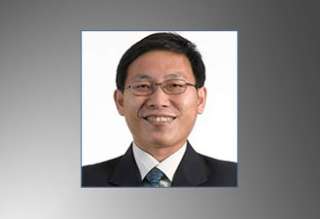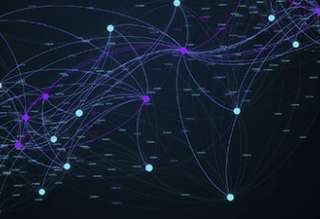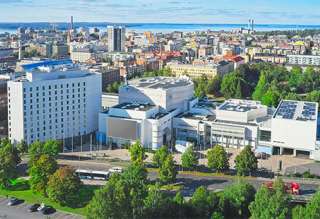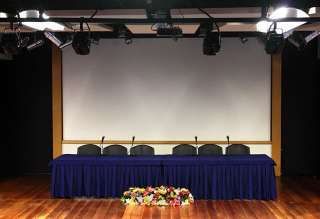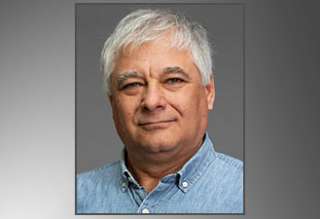SPS Feed
Top Reasons to Join SPS Today!
1. IEEE Signal Processing Magazine
2. Signal Processing Digital Library*
3. Inside Signal Processing Newsletter
4. SPS Resource Center
5. Career advancement & recognition
6. Discounts on conferences and publications
7. Professional networking
8. Communities for students, young professionals, and women
9. Volunteer opportunities
10. Coming soon! PDH/CEU credits
Click here to learn more.
The Latest News, Articles, and Events in Signal Processing

PhD and MSc Studentships in 6G Wireless Communications Systems
Programme of Electrical Engineering, Pontifical Catholic University of Rio de Janeiro (PUC-Rio), Rio de Janeiro, Brazil
Date: 26 December 2023
Chapter: Singapore Chapter
Chapter Chair: Corey Manders
Title: Harnessing the Power of Deep Learning for Urban Sound Sensing and Noise Mitigation
Date: 30 October 2023
Chapter: Taipei Chapter
Chapter Chair: Jing Ming Guo
Title: Harnessing the Power of Deep Learning for Urban Sound Sensing and Noise Mitigation.
Date: 16 November 2023
Time: 10:00 AM ET (New York Time)
Presenter(s): Melissa Handa
Date: 13-17 September 2026
Location: Tampere, Finland
Conference Paper Submission Deadline: Coming Soon
Date: 15 November 2023
Time: 12:00 PM ET (New York Time)
Presenter(s): Marc Perron
Date: 20 October 2023
Time: 9:00 AM ET (New York Time)
Presenter(s): Zhaohui Yang
Date: 9 November 2023
Time: 10:00 AM ET (New York Time)
Presenter(s): Ms. Nora Hofer
Date: 23 October 2023
Time: 1:00 PM - 3:00 PM ET (New York Time)
Panelists: Alan Bovik, Edward J. Delp, Sharon Gannot, Aggelos K. Katsaggelos
Anna Scaglione, Andreas Spanias
Date: 16 October 2023
Time: 11:00 AM ET (New York Time)
Speaker(s): Dr. Brian Sadler
Date: 25 October 2023
Time: 11:00 AM ET (New York Time)
Speaker(s): Dr. Benjamin Friedlander
Date: 16 November 2023
Chapter: Twin Cities Chapter
Chapter Chair: Tao Zhang
Title: Sound Capture and Speech Enhancement for Augmented and Virtual Reality Devices
Pages
SPS Social Media
- IEEE SPS Facebook Page https://www.facebook.com/ieeeSPS
- IEEE SPS X Page https://x.com/IEEEsps
- IEEE SPS Instagram Page https://www.instagram.com/ieeesps/?hl=en
- IEEE SPS LinkedIn Page https://www.linkedin.com/company/ieeesps/
- IEEE SPS YouTube Channel https://www.youtube.com/ieeeSPS







